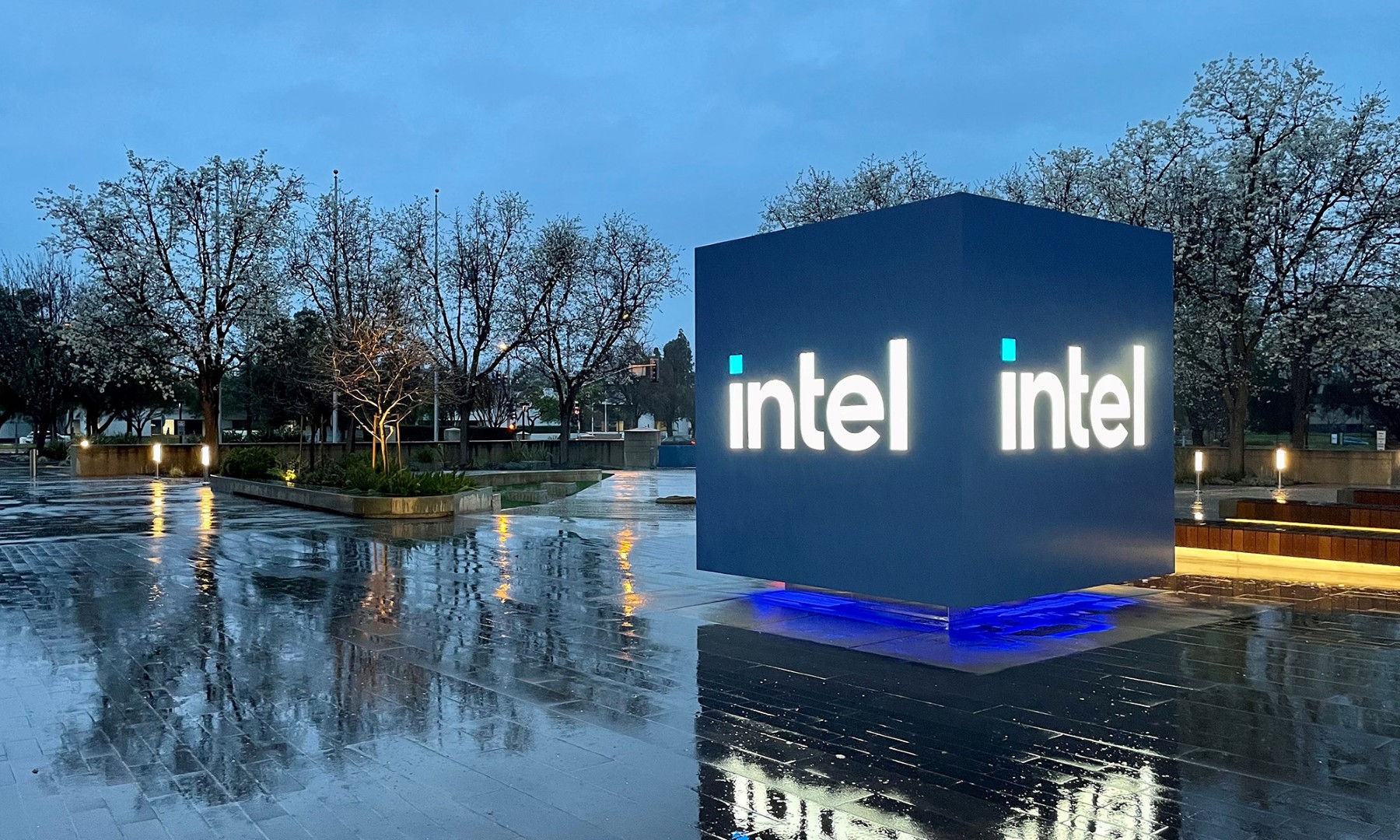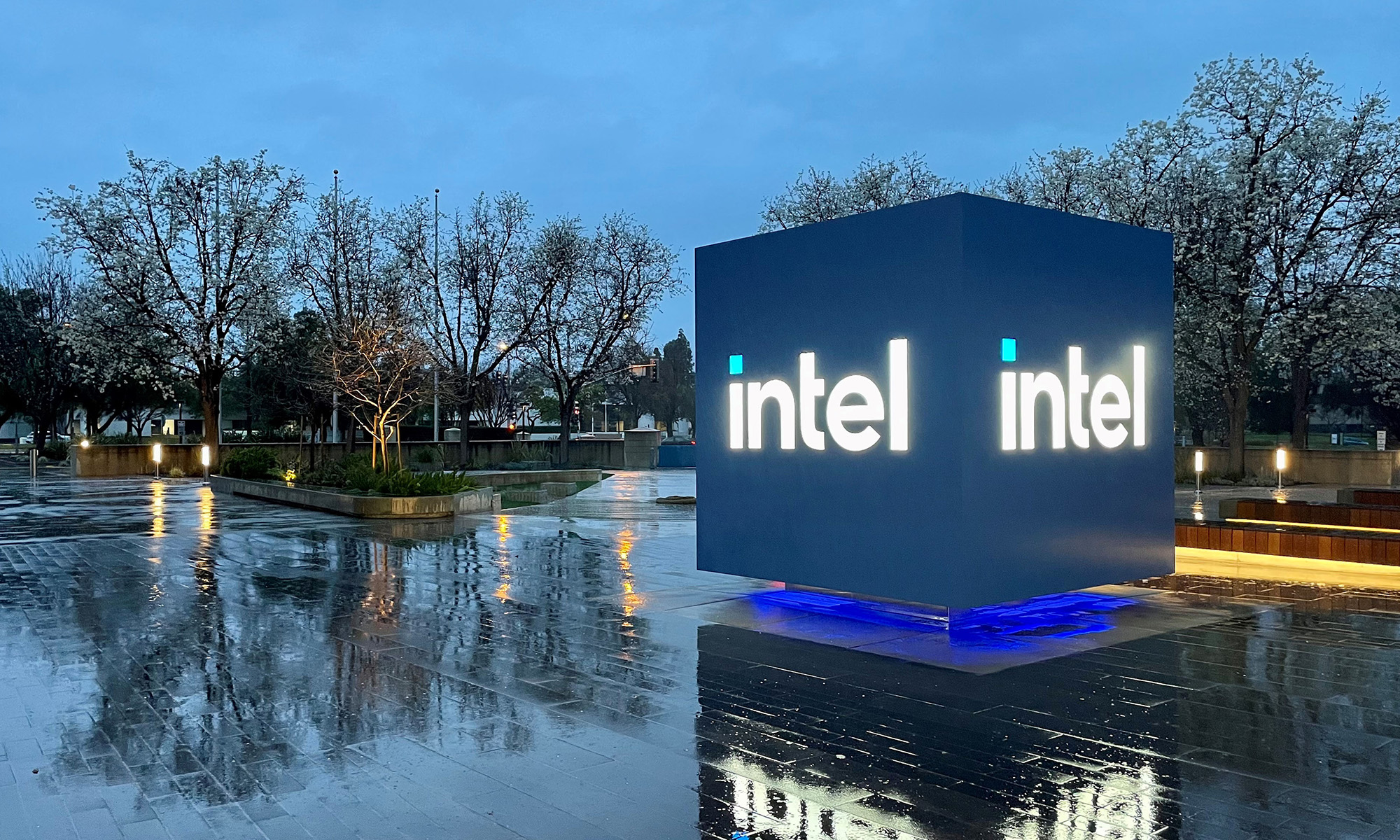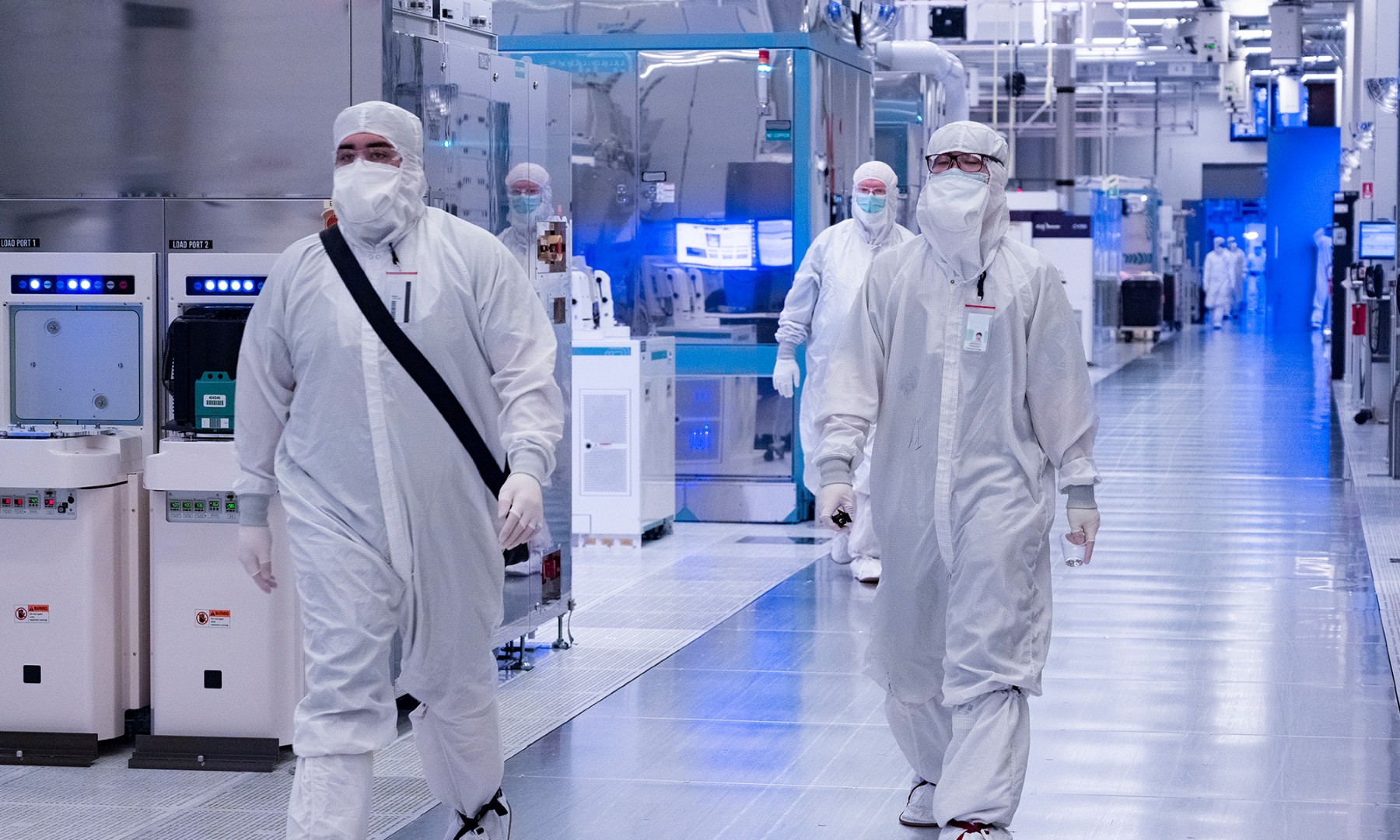PC processor giant Intel (INTC 3.31%) has started to turn its focus to PC gaming quite significantly over the last couple of years. Intel is bullish on the segment (for good reason) and management will often champion the growth and popularity of PC gaming vis-a-vis more traditional game console gaming.
There seems to be a fairly widespread sentiment out there that PC gaming is too cost prohibitive relative to game consoles. This seemingly stems from the fact that one can buy a Microsoft (MSFT 1.06%) Xbox One or Sony (SNE +0.60%) PlayStation 4 for between $300 and $350 these days (and these usually include a modern game). To put this into perspective, there are dedicated gaming components for PCs that cost more than this!
However, from a total-cost-of-ownership perspective, I wasn't so sure if PC gaming is actually more expensive for a variety of reasons. In this article, I'd like to take a closer look at the true total cost of ownership for both PC gaming as well as for game console gaming to see if consoles are really cheaper than PCs over the long haul.
Putting together a "reference" PC
When people think "gaming PC," they tend to think of very powerful but extremely costly systems that are out of reach of most people. However, this perception is flawed as a reasonably fast gaming-capable PC can be had for far less than what some people might think.
For this comparison, I have specified a PC that I believe should deliver a graphical experience that's at least as good as a modern game console. In particular, for this comparison, I start with the ASUS M32CD desktop PC (which has a Core i5, 8GB of DDR3 memory, 802.11ac Wi-Fi, 1TB hard disk drive, and Windows 10 preinstalled).
From there, I assume that a potential PC gamer buys a discrete graphics card -- in this case, an NVIDIA (NVDA 2.32%) GeForce GTX 950 -- for around $150 (before rebate).
The total up-front cost for this gaming-capable PC works out to around $590, compared to about $350 for an Xbox One with a 1TB hard disk drive -- a $240 premium.
The total-cost-of-ownership math
Let's assume a three-year useful lifespan for both the Xbox One and the gaming PC that I mentioned above. Microsoft charges $60 per year for its Xbox Live service, which allows a person to actually play games online with people, adding -- over this three-year time horizon -- $180 to the total cost of the Xbox.
The PC's total cost at this point still sits at $590 while the total cost for the Xbox One has moved up from about $350 to $530 in that time. The PC is still more expensive, but that delta comes down to just $70 after three years.
From a software/games perspective, top PC titles had generally been less expensive than their console counterparts; this was usually due to the fact that Microsoft/Sony get a cut of each game sold for their respective consoles. This isn't the case for PC games.
However, since top-tier PC games sell in lower volumes than their console counterparts, game publishers appear to elect to keep pricing constant on all platforms, squeezing higher per-game margin from PC versions at launch. The good news for PC gamers, though, is that game prices tend to come down harder and faster than console counterparts.
Some additional considerations
The analysis above shows that while a good gaming PC is still a bit more expensive to own over time, the delta is just not all that large; over a three-year horizon, it amounts to a little over the price of a brand-new, triple-A game.
Working in favor of console gaming is the fact that consoles really are "plug and play" while for a cost-effective gaming PC, some work needs to be done to put a gaming-capable graphics card in. Additionally, while both a gaming PC and the game console can be hooked up to a television set (which is why I didn't include a computer monitor in this analysis), it's probably more natural to play games on a TV with a game controller than with a keyboard and mouse.
A PC can use an Xbox 360/Xbox One controller, but this ups the cost.
There are a number of things that work in favor of the PC, though. Just about any PC game made over the last two decades will run on a modern gaming PC; a modern game console generally can't play titles from older-generation game consoles.
The PC is also upgradeable, which means that if a gamer wants to enhance his gaming experience, he can purchase and swap in a faster graphics card, add more memory, and generally do other things to make the experience better (for additional cost, of course). With game consoles, you get what you get.
The bottom line
At the end of the day, I would say that game console gaming is still a bit cheaper and more convenient for most people, which is why the market for such devices continues to be as large as it is. However, given that many people buy PCs for non-gaming use anyway, it's no surprise that people are finding that they can have a very good PC gaming experience for not all that much more in the way of incremental spending.
If I had to, I'd bet on PC gaming outgrowing consoles until the next set of game consoles from Microsoft/Sony arrive. At that point, growth may favor the consoles for a little before PC gaming begins to outgrow the consoles again.









